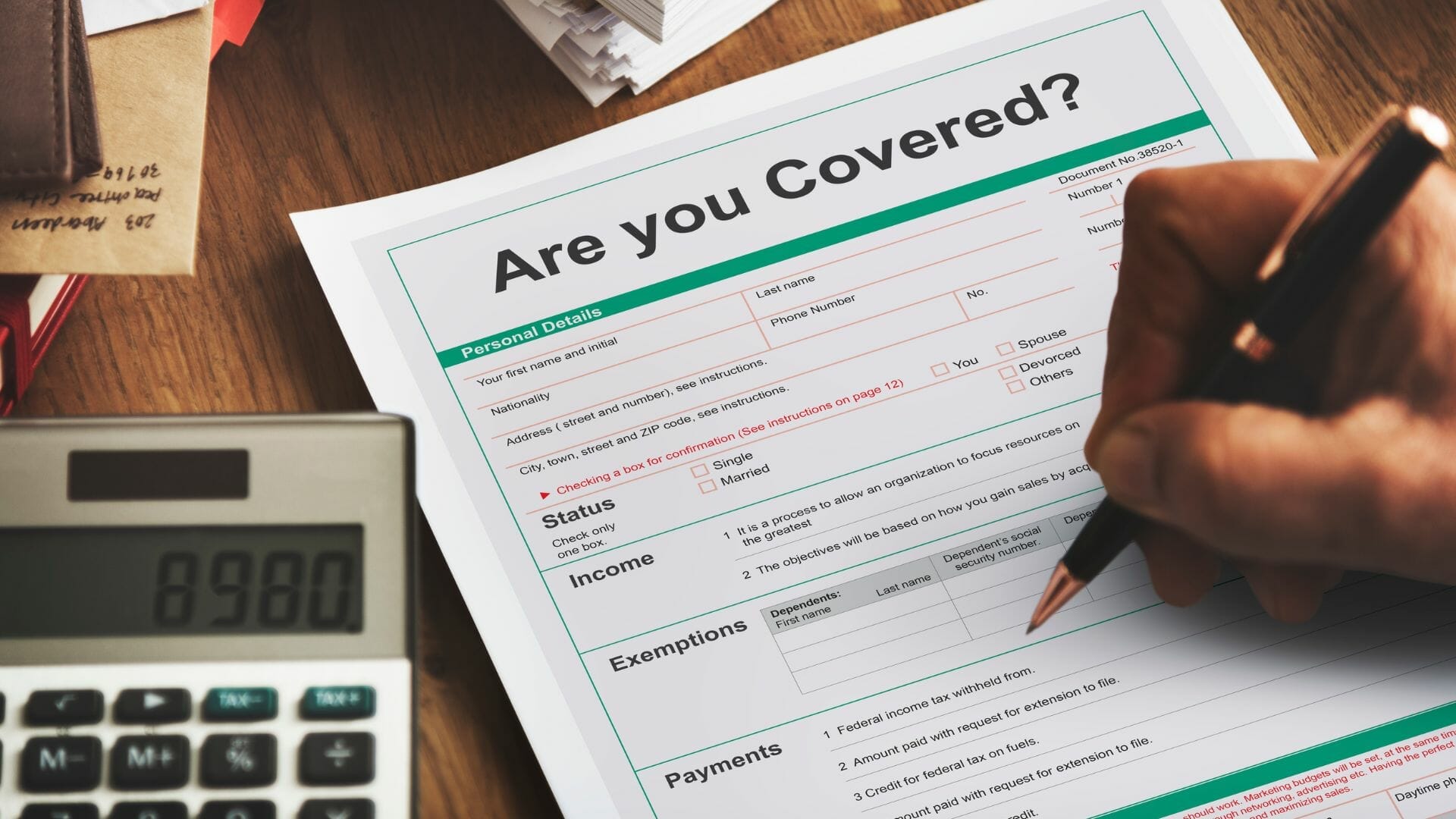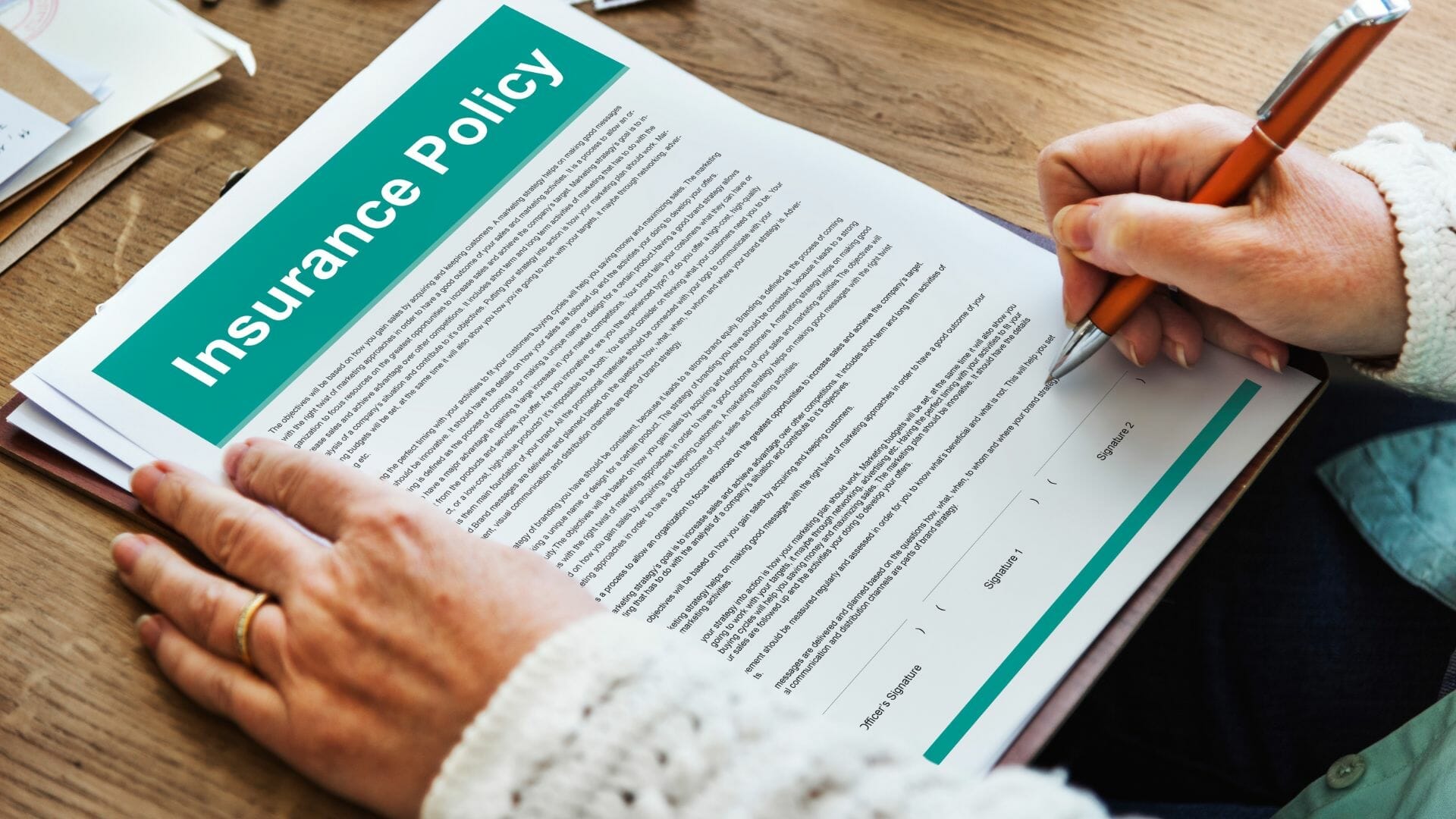New changes in Virginia insurance law went into effect on July 1, 2023. These changes benefit safe drivers. Sadly, insurance companies are not pleased with the new rules. Some are deceiving their policyholders to save money.
If you have auto insurance in VA, be aware of the change to insurance laws. The new law can affect the compensation you get after an accident.
Before the Change
The changes in Virginia insurance law deal with uninsured/underinsured motorist coverage. Drivers in VA must carry two types of auto coverage. The first is liability, and the second is uninsured/underinsured motorist coverage.
Liability Coverage
Liability coverage is for losses caused by the policyholder. To access this coverage, an injured party must prove that the driver is at fault for hurting them.
If the insurance company accepts this proof and agrees on the losses, it will cover the losses up to the policy limits. For example, if Driver A hits Driver B and causes $50,000 in compensable losses, driver A’s liability policy will kick in.
Uninsured/Underinsured Coverage
Sometimes, an at-fault driver simply does not have coverage. This means they are likely unable to pay for the harm they have caused. Because there are many uninsured drivers, Virginia insurance law requires uninsured/underinsured driver coverage.
After a crash with an uninsured or underinsured driver, an accident victim will have to look to their own policy for coverage. For example, suppose that driver A causes driver B to suffer $50,000 in losses. If driver A has no policy, driver B will turn to their own insurance policy for uninsured motorist coverage.
Before Virginia insurance law changed, car crash injury victims could only file claims for uninsured/underinsured motorist coverage after exhausting the other driver’s liability.
For example, suppose that Driver A hits Driver B, causing $100,000 in losses to Driver B. Before the change, driver B was limited to the liability coverage of Driver A’s policy unless their losses were greater than said coverage.
So if Driver A had $150,000 in coverage, driver B could seek compensation only from Driver A’s liability. On the other hand, if Driver A had $50,000 in coverage and caused $100,000 in losses, driver B would then seek $50,000 from Driver A’s policy and the rest from their own.
However, under the new law, driver B may pursue compensation from both insurance policies at the same time.
For instance, suppose that Driver A has $150,000 in liability coverage and causes Driver B to suffer $100,000 in losses. Under the new law, driver B can put in two claims for compensation. One will be against driver A’s liability policy. The other will be against their own uninsured/underinsured motorist coverage.
Policy Stacking and the New Law

A cursory glance at the new law shows that it clearly benefits injured motorists. It allows them to stack insurance policies. Stacking is using more than one form of insurance for a single incident. This occurs in many contexts outside of car crashes, such as in healthcare, and it generally increases a claimant’s payouts.
In the car accident realm, a crash victim is now no longer limited to one type of policy coverage or the other. They may tap both and seek to recover much more compensation than before the law changed.
What Are the Minimum Auto Insurance Coverage Limits in Virginia?
Currently, car and truck drivers in VA must carry the following minimum amounts of coverage when driving a motor vehicle:
- Bodily Injury: $30,000 per person and $60,000 per accident — this covers an injured party’s medical bills as well as legal fees associated with the accident (drivers can opt for higher limits of up to $1 million)
- Property Damage: $20,000 per accident — this covers damage to vehicles and property (policyholders may opt to increase this coverage amount)
- Uninsured/Underinsured Motorist Bodily Injury: $30,000 per person and $60,000 per accident — this covers injuries caused by uninsured/underinsured motorists.
If you operate a motor vehicle in VA without a driver’s license, you could be looking at a $600 noncompliance fee. You may also face jail time and other fines. After all, driving without insurance in VA is a Class 3 misdemeanor.
Additionally, you will have to take on major financial liability if you cause a crash without insurance.
Car accidents typically cause high financial losses and pain and suffering, and insurance companies compensate the victims. However, without insurance, you may be on the hook for large sums of money. Because no policy is present, the victim may very well sue you directly and pursue your assets and income as compensation.
The New Law and Car Insurance Companies
The new law went into effect back in July. So any person who buys a policy after that date automatically receives the benefit of the new law. However, if you have a car insurance policy that was issued prior to July 1, 2023, you won’t be under the new rule until your policy renews.
Once the renewal occurs, the changes will automatically be effective. Since most policies renew every six months, most will not have to wait too long to enjoy this benefit.
Policyholders: Beware of Insurance Company Calls About Your Car Insurance Policy
Insurance companies are not enthusiastic about the new change in Virginia insurance law. After all, it likely means more claims payouts for car accidents and a loss of profits. And since insurance companies count on profits to survive and grow, they have begun taking action to safeguard these profits.
Many insurance companies are now calling policyholders and trying to convince them to drop the uninsured/underinsured motorist portion of their policies. If you do so, the insurance companies claim, you will enjoy a drop in premiums.
However, the truth is that even if you do see a minimal drop in premiums, you may then have significant gaps in your coverage. You will also be unable to stack coverage and will leave lots of compensation on the table, all to save a few bucks on premium payments.
So before you agree to any policy changes, remember that the new law change benefits drivers. If you have full coverage, you can sometimes double the insurance payout you receive from a crash. However, this will not be the case if you follow the advice of an insurance company and cancel your uninsured/underinsured motorist coverage.
Timing Is Important
If you have been or ever are in a car accident, please remember that time is of the essence. A statute of limitations of two years controls car accident suits.
After two years, your claim will typically be dismissed, and you will likely forfeit money that would pay for your injuries. There are some exceptions, but they are rare. You should not rely on them.
Also, insurance companies have deadlines that require policyholders to report car crashes within a certain period of time. If you fail to do so, the result can be a loss of coverage. You may also run afoul of criminal laws if you fail to report the accident to the authorities immediately.
Speak With an Experienced Virginia Car Insurance Lawyer Today
Do you have more questions about the new changes in Virginia insurance law? The Joel Bieber Firm is ready with the answers you are looking for. Call today for a free consultation regarding compensation for your car accident injuries.
Interesting Reads:
What Happens When Auto Accident Claims Exceed Policy Limits

